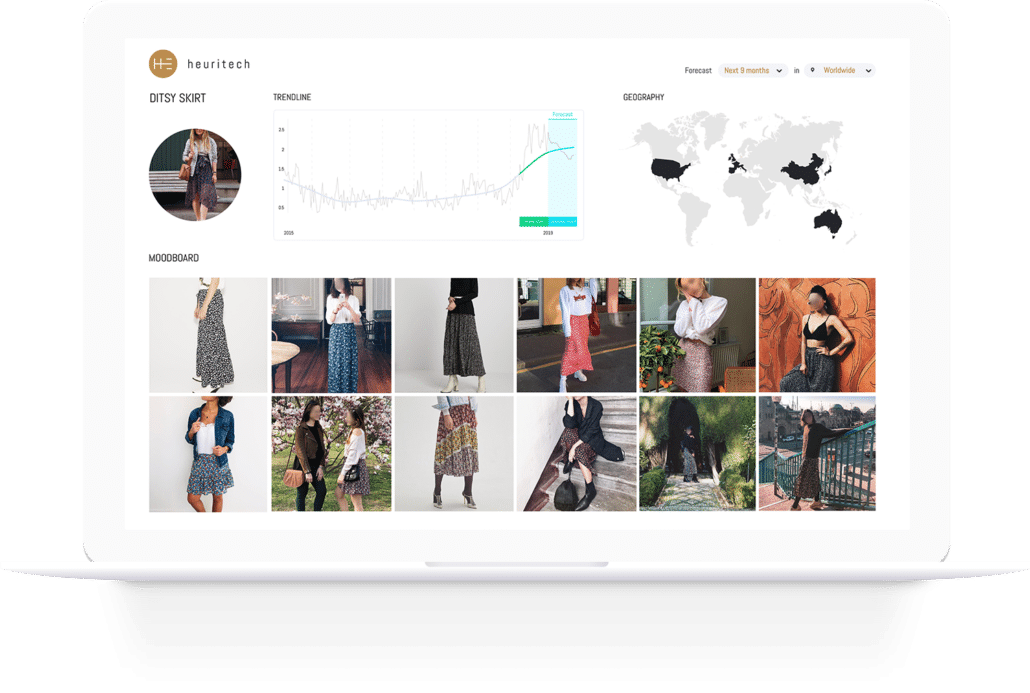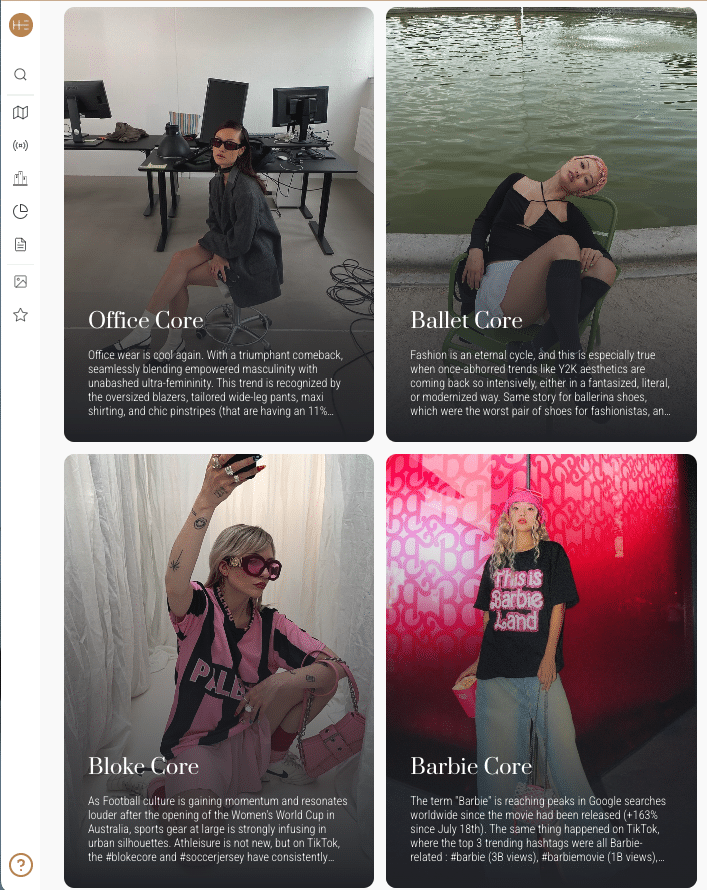In order to create value in Fashion with Artificial Intelligence, core teams should concentrate on identifying and expressing their needs while relying on innovation. On the other hand, AI companies do need to create packaged services in collaboration with their clients.

This year seems to be the year of Artificial Intelligence (AI) in retail – everyone is buzzing about it. The whole industry fears AI will deeply transform their jobs, but in order to embrace this inevitable change, we need to understand how AI is a valuable tool, and not a threat. Several major problems arise when fighting the wrong AI battles. On the one hand, very well advertised innovations such as chatbots and visual searches make us think that AI can solve every problem - which is not true, and never will be. On the other hand, prominent visionaries have shared a dreadful vision of the future of AI.
There’s a great urgency in making AI more understandable to smooth its integration into fashion teams’ day-to-day operations in an industry that is quickly being transformed.
The global AI in retail market size is expected to increase fivefold by 2022 to reach 5 billion dollars (source : Research and Markets).
The change is inevitable and what teams need to realize is that the use of Artificial Intelligence is not just a box to tick but truly a business driver that can impact all business aspects.

Want to know more about our technology?
People-centric Artificial Intelligence is the key to creating value
According to McKinsey and Business of Fashion, “AI-driven innovation may further expand the income gap between high-performing firms and their competitors”.
Thus, the issue is not whether managers should integrate AI into their companies, but how.
Today’s fashion teams have a lot on their plates and often don’t have the time to spend hours looking for relevant solutions for their business needs. So who should be responsible for it?
To integrate AI in brands, we need to realize that true business value only comes from the adequation between AI and deep expertise in a sector and this expertise lies within people, which should be at the center of the solution.
In this process, innovation teams should act as guardians of the test & learn logic while core teams such as merchandising, product and marketing teams, need to spend time identifying and expressing their needs to the innovation team and be adaptive to change. As the Harvard Business Review puts it “if managers aren’t ramping up experiments in the area of machine learning, they aren’t doing their job. Over the next decade, AI won’t replace managers, but managers who use AI will replace those who don’t.”

Why fashion brands need a tailored AI solution
Over the past few years, AI technology has matured and few teams/startups in the world can compete with its promises. The industry is starting to realize that specific problems call for tailored solutions. Several strong tech teams will arise and tackle different domains, but it’s unlikely that generic services like Google Deepmind will become experts in all specific fields.
The role of AI startups should be to create packaged services in collaboration with their clients. This is what we are creating at Heuritech: a solution which empowers fashion teams to back their intuitions with data.
AI won’t transform the fashion industry, but what AI can do is enhance a team’s capacity to surf the wave of change, proactively, instead of lagging behind. AI will be a game-changer for companies internally, similarly to what the internet was a decade ago. But AI is not a magic wand, it’s an accelerator.
Stay tuned to better grasp which AI solutions will fit your business needs.




